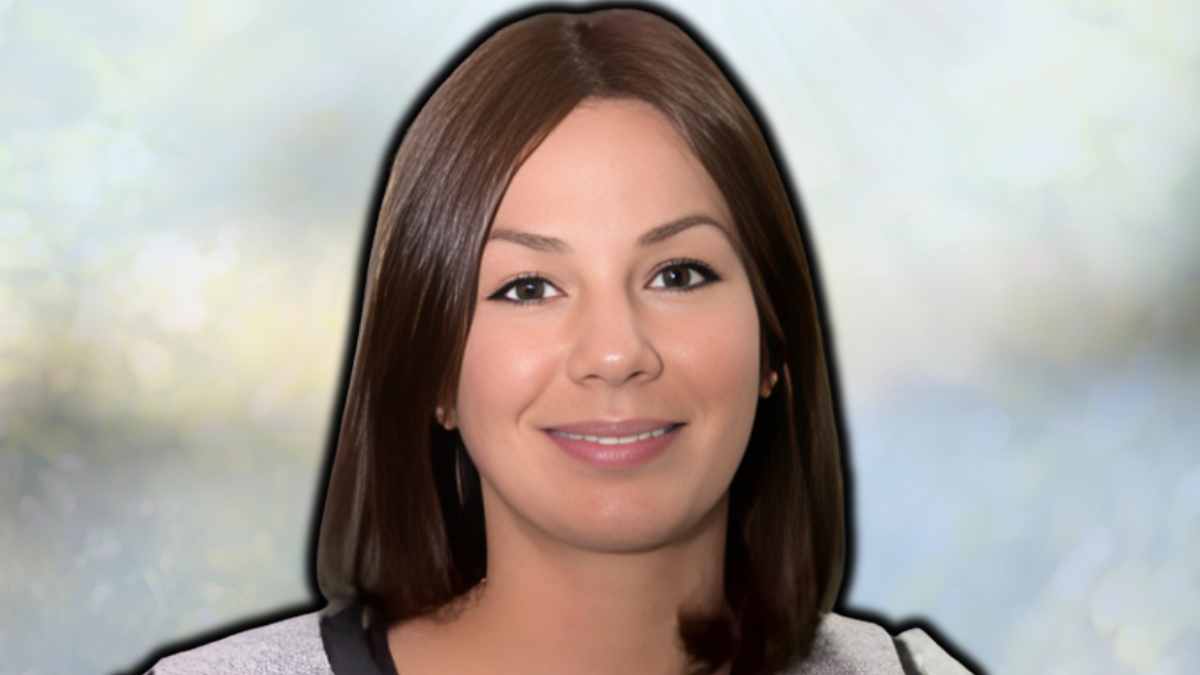Charlotte Faircloth: Redefining Parenthood, Gender, and Social Anthropology

Charlotte Faircloth has carved a distinctive niche in the world of academia through her insightful contributions to the sociological understanding of parenting, gender, and modern family life. A respected academic and public intellectual, Faircloth is best known for her ethnographic studies that delve deep into the cultural expectations surrounding motherhood, breastfeeding, and the evolving roles of parents in contemporary society. Her work is not only grounded in rigorous academic research but is also deeply relevant to public discourse on gender equality, caregiving, and societal norms.
Academic Journey and Background
Charlotte Faircloth is currently an Associate Professor of Social Science at the UCL Institute of Education. She has previously held posts at institutions such as the University of Roehampton and the University of Kent, where she was involved in establishing the Centre for Parenting Culture Studies (CPCS).
Her academic foundation is rooted in Social Anthropology, having earned her doctorate from the University of Cambridge. Her doctoral research was a pioneering ethnographic study on long-term breastfeeding and attachment parenting in the UK and France. From the outset of her academic life, she demonstrated a strong inclination towards themes that challenge prevailing assumptions about gender roles and parenting.
Focus on Parenting Culture
One of Faircloth’s most significant contributions is her work on “parenting culture.” This concept refers to the ever-growing scrutiny and regulation of parental behaviour, particularly motherhood, in Western societies. She examines how modern parenting is no longer seen as a private, familial affair but is increasingly subject to public judgment, expert advice, and governmental policies.
Her co-edited volume Parenting Culture Studies argues that this phenomenon is symptomatic of broader societal changes where risk, responsibility, and selfhood intersect. Through this lens, Faircloth provides a nuanced critique of how parenting is shaped by neoliberal ideologies that emphasise individual responsibility and moral judgment.
Militant Lactivism and Maternal Identity
Perhaps her most well-known work is the book Militant Lactivism? Attachment Parenting and Intensive Motherhood in the UK and France. In this ethnographic study, she explores the practices and ideologies behind long-term breastfeeding and attachment parenting—a style of parenting that encourages constant closeness and responsiveness to children.
Faircloth’s work challenges the assumption that such practices are simply “natural” or instinctive. Instead, she reveals how they are deeply embedded in cultural, social, and economic contexts. She unpacks how mothers often construct their identities through their parenting choices, turning acts like breastfeeding into symbols of maternal devotion, discipline, and morality.
The term “militant lactivism,” used provocatively, highlights how some women pursue breastfeeding and attachment parenting with a zeal that borders on activism. Through interviews and participant observation, Faircloth captures the complexities of maternal identity in ways that are both empathetic and critically rigorous.
Gender, Equality, and Family Life
Another central pillar of Charlotte Faircloth’s research is the question of gender and equality in family life. She critically investigates how traditional gender norms persist even in societies that claim to be progressive or egalitarian. Her work shows that women often continue to bear the brunt of caregiving responsibilities, even when they are in full-time employment or share a household with supposedly “modern” partners.
Faircloth explores how parenting continues to be coded as a predominantly feminine activity. Men’s participation is often celebrated, while women’s involvement is taken for granted and subjected to intense judgment. This gendered double standard is at the heart of many of her writings and public engagements.
In her study on parenting and intimacy, she further investigates how parental responsibilities affect relationships between couples. Issues such as emotional labour, time poverty, and the division of household tasks are central themes. By placing these personal dynamics within a broader sociological framework, Faircloth challenges the notion that such struggles are merely individual problems rather than systemic issues.
Interdisciplinary Impact and Collaborations
Charlotte Faircloth’s influence extends beyond sociology and anthropology into fields such as gender studies, public health, education, and social policy. Her collaborative approach has led to joint research projects and publications with academics from diverse disciplines. These partnerships have enriched her analyses, allowing her to draw on multiple theoretical and methodological frameworks.
One such interdisciplinary venture was her work on feeding practices, both inside and outside the home. This project examined how cultural, economic, and familial factors influence how and what children are fed. It also considered how these practices are shaped by societal expectations, class hierarchies, and globalised food systems.
Public Engagement and Media Presence
Faircloth is not confined to the ivory tower. She actively engages with the public through media appearances, podcasts, and policy advisory work. She has been featured on programmes such as BBC Newsnight, Woman’s Hour, and various current affairs panels, where she offers expert commentary on parenting, education, and gender issues.
Her ability to translate complex academic concepts into accessible language makes her a valuable voice in public debates. During the COVID-19 pandemic, for example, she contributed to discussions on how lockdowns affected parenting and gender equality in domestic settings. Her insights helped inform a more nuanced understanding of how crises exacerbate existing inequalities.
Influencing Policy and Practice
Faircloth’s research has practical implications for policy-making, particularly in the realms of health, education, and family support services. Her critiques of expert-led parenting interventions have led to calls for more culturally sensitive, inclusive, and gender-equitable policies.
She argues that policies aimed at supporting families must go beyond individual behaviour and address structural inequalities. For instance, promoting breastfeeding is important, but it must be accompanied by workplace policies that support maternity leave and flexible schedules. Similarly, encouraging paternal involvement in childcare requires more than token gestures; it needs systemic change in how employment, care, and gender roles are structured.
Academic Legacy and Teaching
As a lecturer and mentor, Charlotte Faircloth is deeply committed to teaching the next generation of social scientists. Her students often praise her for her engaging teaching style and her dedication to intellectual rigour. She encourages critical thinking, reflexivity, and ethical sensitivity—qualities that are essential in contemporary social research.
Through her supervision of doctoral students and her contributions to academic conferences, Faircloth continues to shape the direction of sociological research on parenting and gender. Her emphasis on ethnographic methods ensures that voices from the field—particularly those of women and marginalised groups—remain central to academic inquiry.
Looking Ahead: Future Research Directions
Charlotte Faircloth’s work continues to evolve in response to changing social realities. Emerging themes in her research include the digital mediation of parenting (such as “mummy blogs” and online forums), the intersection of class and parenting ideologies, and the globalisation of caregiving norms.
She is also increasingly interested in the role of fathers and non-traditional family structures in reshaping parenting culture. As societies become more diverse in terms of gender identities, sexual orientations, and family configurations, Faircloth’s research promises to remain relevant and groundbreaking.
Conclusion
Charlotte Faircloth stands out as a leading thinker in the sociology of parenting, gender, and family life. Her work is characterised by its intellectual depth, methodological sophistication, and real-world relevance. Through her books, articles, public engagements, and teaching, she has reshaped how we understand the everyday yet profound acts of caring, nurturing, and raising children.
In a world where parenting is increasingly scrutinised and politicised, Faircloth provides a much-needed voice of reason, compassion, and critical insight. Her commitment to unveiling the invisible labour of care, challenging gender stereotypes, and advocating for structural change makes her a truly influential figure in contemporary social science.



